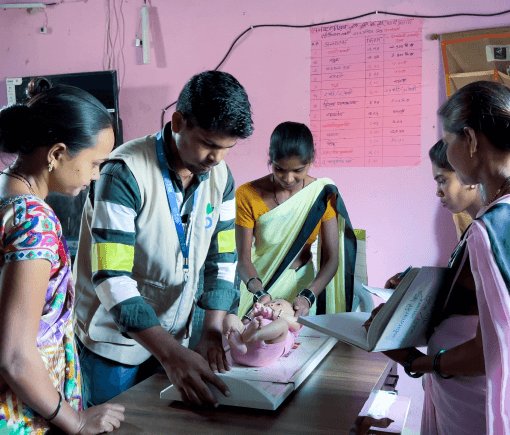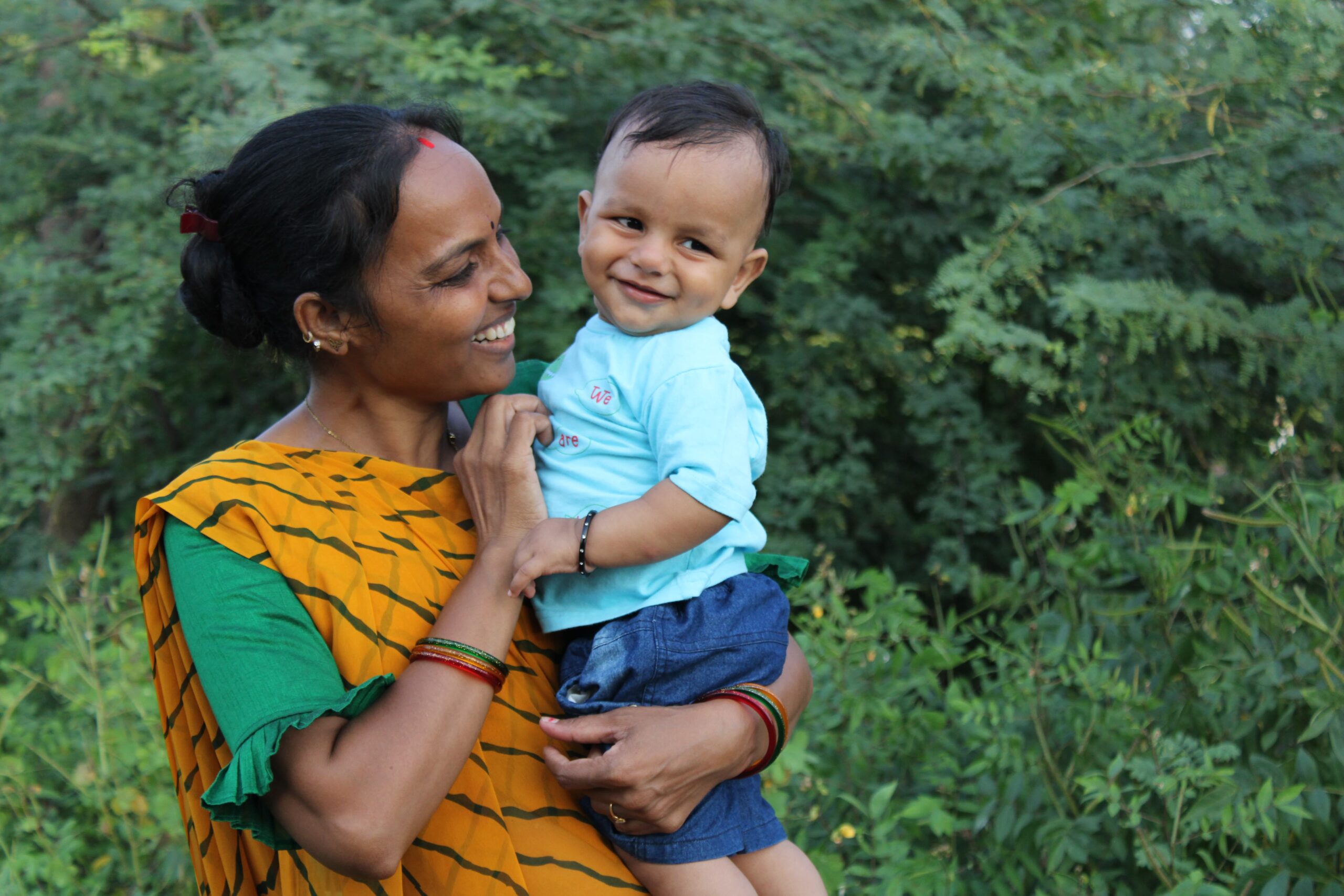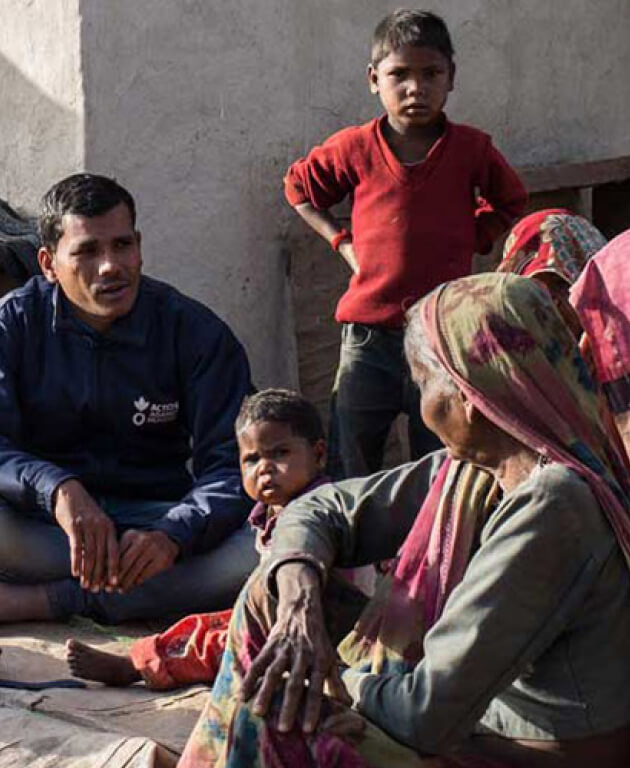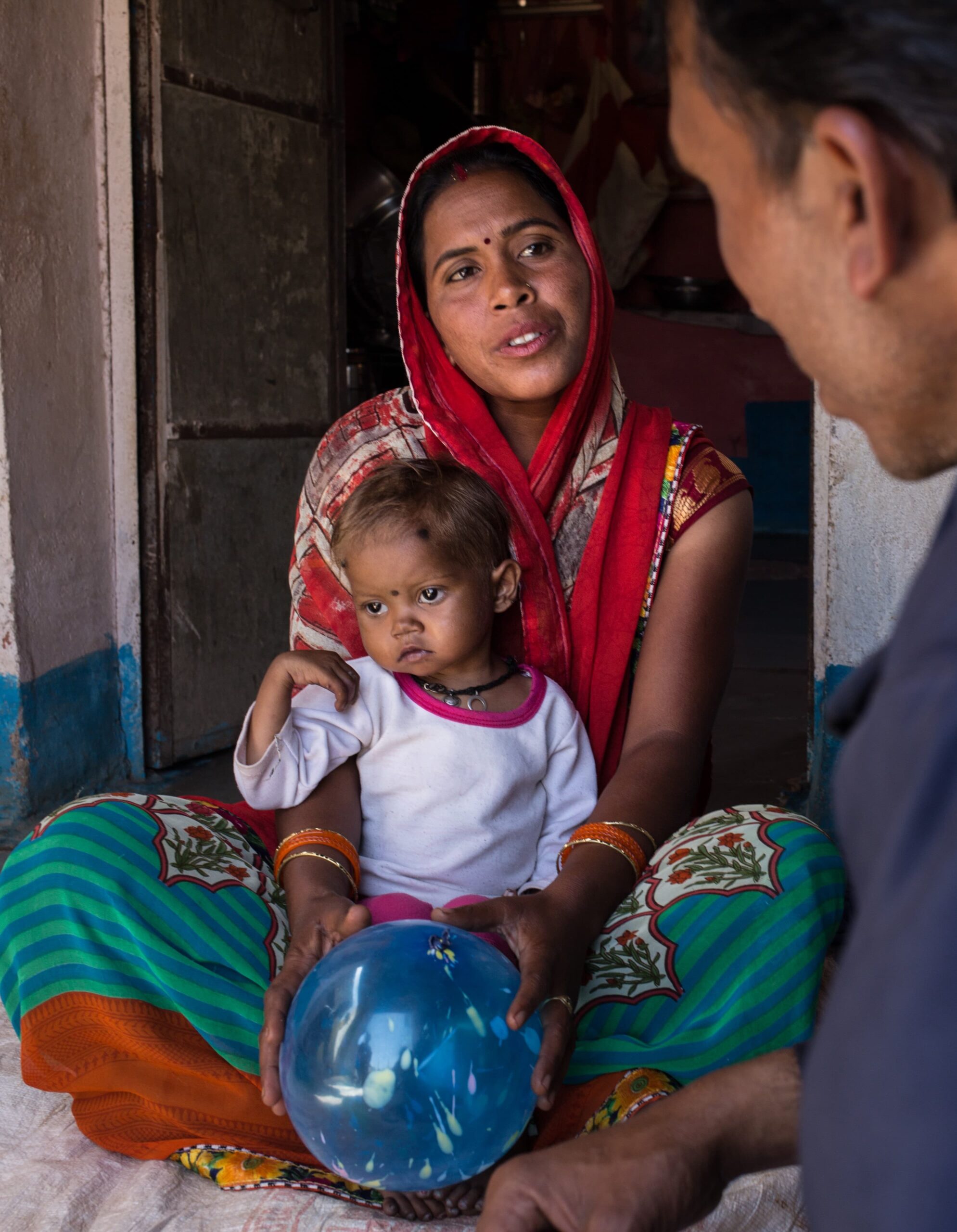RESEARCH
As a part of our research work, we undertake the following surveys:
Standardized Monitoring and Assessment of Relief and Transition (SMART) survey
It is a standardized, simplified field survey methodology that produces snapshot of the current situation of malnutrition on the ground. This methodology is complemented with user friendly software known as ENA (Emergency Nutrition Assessment) software that has simplified functions to assist survey managers for sample size calculation, sample selection, quality checks and automated report generation. This methodology accurately provides prevalence of different types of malnutrition i.e. wasting, stunting and underweight along with information related to birth, death and migration.
So far, we have conducted eight SMART surveys in the following regions:

STATES
Maharashtra
Odisha
Madhya Pradesh
Rajasthan
NO. OF SURVEYS
3
2
2
1
STATES
NO. OF SURVEYS
Maharashtra
3
Odisha
2
Madhya Pradesh
2
Rajasthan
1
Rapid SMART survey methodology
During an emergency, it is often difficult to undertake a SMART survey as we need to capture the emergency of a situation in a very short span of time. In order to establish an immediate response mechanism towards the levels of malnutrition found in the surveyed area, rapid SMART survey methodology is often used. In this survey, all principals of methodology remain the same except the sample size that is fixed at 200 children.
Semi Qualitative Evaluation of Access and Coverage (SQUEAC) survey methodology
SQUEAC methodology is created to evaluate the coverage along with identifying barriers & boosters to CMAM programming. The information collected in this methodology is through triangulation of secondary, quantitative and qualitative data. This methodology is accepted as one of the key elements to successful implementation of CMAM across the globe. Action Against Hunger has conducted one regional level training on SQUEAC methodology which was attended by 25 participants from across south East Asia.
Link Nutrition Causal Analysis (NCA) study
This is a structured, participatory, holistic study design based on principals of UNICEF causal framework. This methodology not only provides information about prevalence of malnutrition but also links them with various causes directly affecting malnutrition in that specific geography. We have conducted one NCA study in Burhanpur district of Madhya Pradesh. In India, about 20 to 25 individuals from various organizations have been trained to undertake this methodology.
Knowledge, Attitude and Practice (KAP) survey methodology
The methodology is largely used to understand the level of knowledge, attitude and practices regarding any intervention (infant and young child feeding, water sanitation and hygiene, nutrition, etc.) among the community. This methodology is semi-qualitative in nature and usually implemented as a baseline and end line KAP in program areas to understand the before and after change within the community. So far we have conducted 4 KAP surveys on the topics related to infant and young child feeding and water, sanitation and hygiene in Madhya Pradesh, Maharashtra and Rajasthan.
Rapid Nutrition Assessment (RNA) survey
This is a rapid assessment methodology which can provide information about malnutrition status in very short span (2 - 4 days). This methodology provides information about prevalence of acute malnutrition as only mid upper arm circumference is measured to assess nutrition status of children. We conducted 1 RNA in the state of Assam in India. An additional joint rapid nutrition assessment (JRNA) was conducted by us along with SPHERE in Assam during the Brahmaputra flooding.
Exhaustive assessment
This is a blanket survey methodology mainly used to create a census like survey in any geography. The exhaustive assessment is conducted to have a line listing of children under 5 within the program area to assess pervasiveness of issues at the household level. This methodology is used to create a baseline for any new program. Action Against Hunger plans to undertake one such exhaustive assessment for WASH in three villages of Mokhada block in Palghar district.


JOIN THE FIGHT AGAINST HUNGER
Sign up to our newsletter and learn more about our programs, impact, field stories, innovation, jobs and much more.

